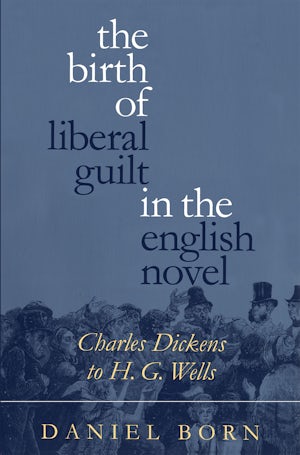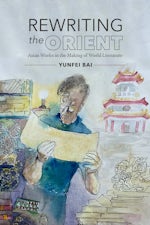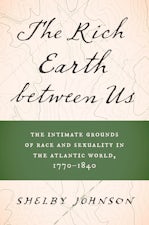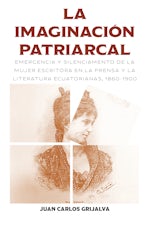The Birth of Liberal Guilt in the English Novel
Charles Dickens to H. G. Wells
By Daniel Born

224 pp., 6.125 x 9.25, notes, index
-
Paperback ISBN: 978-0-8078-4544-8
Published: January 1996
Buy this Book
About the Author
Daniel Born is assistant professor of English at Marietta College in Ohio.
For more information about Daniel Born, visit
the
Author
Page.
Reviews
"An intriguing and solid little study, Daniel Born's The Birth of Liberal Guilt in the English Novel is an example of just how worthwhile a modest critical intervention can be. Born's study is both well-researched and quite tidy; it is a quick and fruitful read."--Modern Language Review
"Compact, readable, politically and philosophically sophisticated. . . . Rarely does a book of this type, whose agenda is complex and cross-disciplinary, have so much to recommend it."--English Literature in Translation
"An outstanding analysis of how novels explore the moral issues raised by Britain's urban poverty and imperialist ventures. Born argues convincingly for the continuing value of these novelists' liberal conscience, which although essentially post-Christian is distinctively moral in its discernment of evil and human responsibility."--John Barbour, Saint Olaf College



